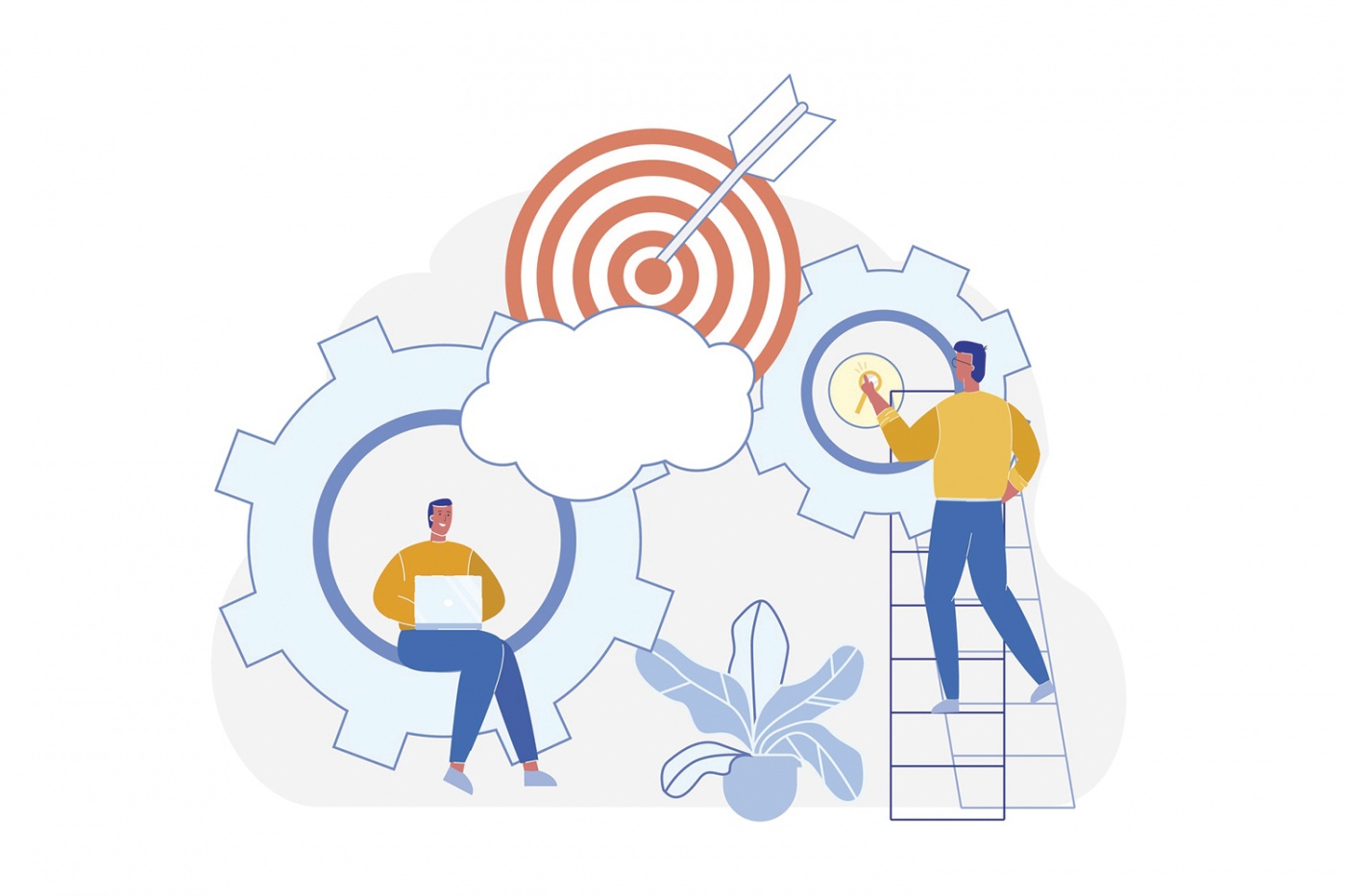Do You Have the Qualities to Be a Successful Founder?
We’ve all had this thought before: A new product goes viral, and you go, “I could’ve done/thought of that!” Well, here’s the thing about good ideas. Anyone could have them, but not everyone is going to turn them into reality.
The general consensus of what it takes to be a successful entrepreneur seems to fall along the lines of putting in the elbow grease, working dog hours, and having a billion-dollar idea. Yet, none of these elements speak of the characteristics of the person who is responsible for seeing through the entire process and building a business from scratch. Even if you’re willing to make up for whatever you lack by hustling harder, you may still be missing the ingredients that make up a successful founder.
Smart, Skilled, Insightful and Committed
According to Alice Bentinck, the co-founder of talent incubator Entrepreneur First, “Successful founders tend to have four qualities in common. They are smart, skilled, insightful and committed.” Intelligence allows you to look beyond the surface, strategise effectively and think critically. Having the right skills (whether technical or non-technical) gives you the expertise to excel in your industry of choice.
What really sets you apart is your unique insights into an industry you’re familiar with, insights that very few people know about. These precious nuggets tell you what problems you could be solving. The more non-obvious the problem, the fewer competition you’ll have, which leads to a higher chance of creating something completely novel.
Singular insights, coupled with technical skills or industry expertise, make up your secret weapon, or your “edge”, as Alice puts it. “Identifying and developing an edge is more crucial than having an idea. It becomes an individual’s personal competitive advantage and the starting point for the idea. An idea, no matter how good, is likely to change and morph as the founder gets more information from speaking to customers,” the young entrepreneur explains.
Commitment speaks to your ability to press on and persevere amidst challenges and uncertainty. It also demonstrates great dedication to your work, to the point that you’d be willing to sacrifice your social life, miss significant events and lose sleep for the benefit of your start-up. This may not sit well with everyone, but for Alice, it’s one of the chief criteria she pays attention to in Entrepreneur First applicants. “I look for people who define themselves by their work and want to dedicate their lives to it,” she shares.
Taking Risks, Embracing Failure, and Building Resilience
While crucial, these four qualities are not guarantees to success. No one is immune to failure. “Even founders who demonstrate all of these attributes may face significant—often fatal—obstacles in building their companies,” Alice adds. “People should believe that it is okay to fail the first time, learn from it, and become stronger.”
If you’re able to fall down, grit your teeth and get back up again, you’re more likely to go through the fire enough times to finally see success. With a growth mindset, failure becomes a positive word. In this game, the “go big or go home” rule applies as well when it comes to ambition. Would you rather be a big fish in a small pond, or a small fish in a big pond?
For Alice, she believes, “This ambitious and risk-taking mentality is what drives many of the world’s most innovative and influential entrepreneurs and companies. In my view, innovation cannot happen without risk and ambition. We need to be ambitious, aim sky high, and cultivate a culture where people get that it is okay to take risks and fail as part of the innovation process.”
A successful founder desires to make an impact not just within a small community, but in the world at large. For change to happen, one also has to move away from what’s considered normal. This is why the greatest entrepreneurs tend to be outliers and mavericks, rather than blind sheep. At Entrepreneur First, applicants are quizzed on the times they’ve taken the path less beaten.
Elaborating on the selection process, Alice shares, “When looking through applications, I look out for people who constantly question the status quo, and risk-takers who have taken alternative paths throughout their lives. I also look out for contrarian thinkers who are not only intelligent, but are unbelievably motivated to start their own company.”
No Man Is An Island
Much like how Alice believes every entrepreneur should have a co-founder (and enforces that by matchmaking individuals through the Entrepreneur First programme), a start-up is nothing without its employees or customers. As an entrepreneur, there’s no way to weasel yourself out of human interaction.
Hard skills can only get you so far. It is the soft, social skills that make or break your career—and it goes beyond pure networking. Aside from the basic skill to make conversation, what’s key is the ability to persuade, convince or sell. If you can persuade anyone to believe in and work for your cause, you can pretty much conquer the world.
“The art of persuasion is important for start-up founders to attract funding from venture capital investors who can help them to become commercially viable. Persuasion is also important for a founder to convince other talented individuals to join them in their vision. The ability to hire the right people is a crucial factor of success,” says the Briton.
[Read More: Why Alice Bentinck Believes that Every Start-Up Should Have a Co-Founder]


